The Advanced Bioeconomy Leadership Conference (ABLC 2020) is from July 7–10, 2020. Bioeconomy 2020 is the Bioenergy Technologies Office's (BETO’s) primary vehicle to communicate its mission, accomplishments, and strategic goals. Bioeconomy 2020 sessions will take place on July 10, 2020. Review the biographies of those speaking at ABLC 2020 and Bioeconomy 2020 below. Speakers are subject to change.
For more information on ABLC 2020 and Bioeconomy 2020 please visit BETO’s event page.
Keynote Speakers

Daniel Simmons, U.S. Department of Energy
In his role as Assistant Secretary for the Office of Energy Efficiency and Renewable Energy (EERE), Daniel R. Simmons leads EERE to promote affordable and reliable energy to enhance America’s economic growth and energy security. He oversees technology development in the energy efficiency, renewable power, and sustainable transportation sectors.
Before joining the U.S. Department of Energy, Daniel served as the Institute for Energy Research’s vice-president for policy, overseeing its energy and climate policy work at the state and federal level.
He previously served as the director of the Natural Resources Task Force of the American Legislative Exchange Council, was a research fellow at the Mercatus Center, and worked as professional staff on the Committee on Resources of the U.S. House of Representatives.
He is a graduate of Utah State University and George Mason University School of Law.
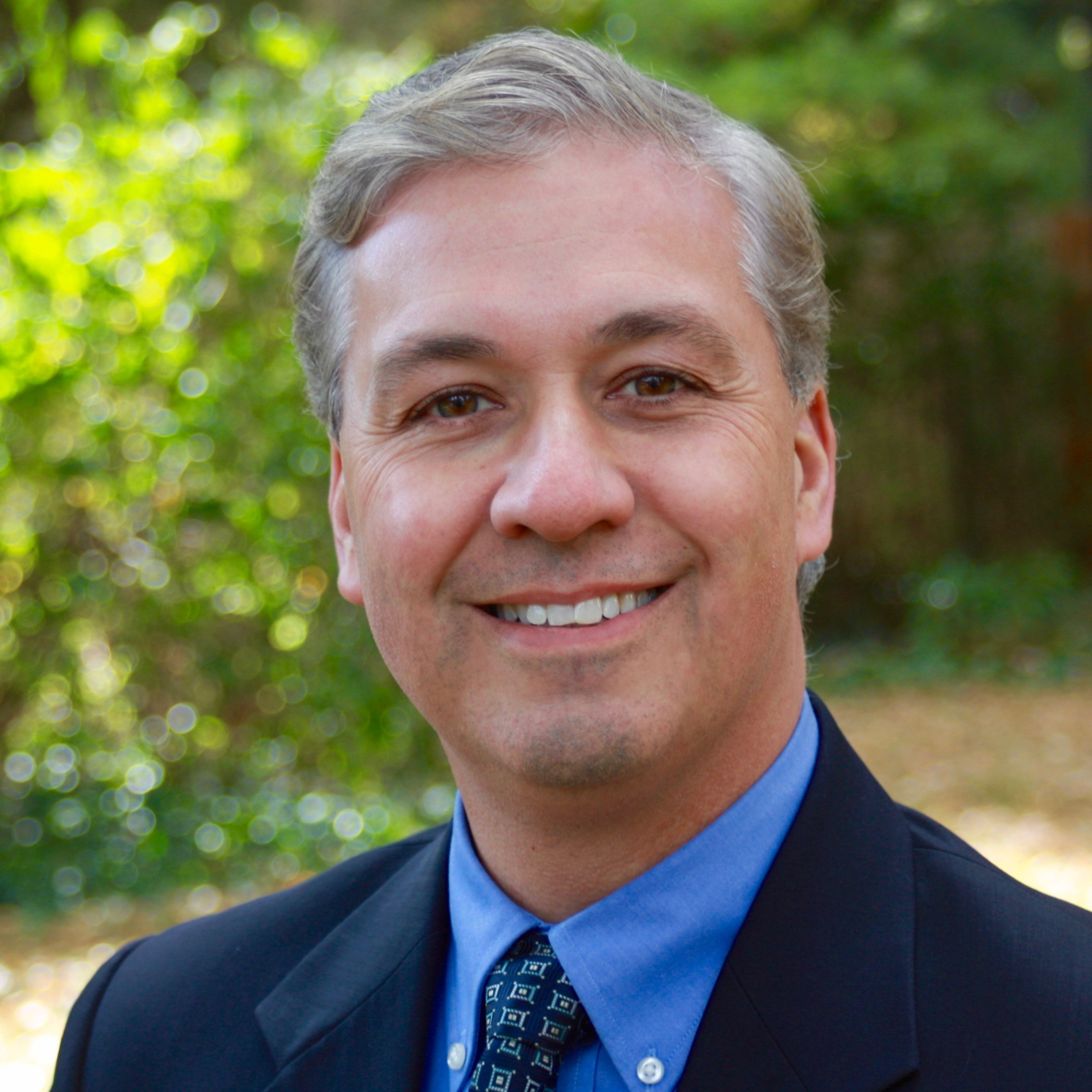
Michael Berube, U.S. Department of Energy
Michael Berube is the acting Deputy Assistant Secretary for Transportation and acting director for the Bioenergy Technologies Office in the Office of Energy Efficiency and Renewable Energy. In this role, he oversees EERE’s Sustainable Transportation sector, which includes the Vehicle, Fuel Cell, and Bioenergy Technologies offices. This portfolio focuses on research and development to increase access to domestic, clean transportation fuels and improve the energy efficiency, convenience, and affordability of transporting people and goods to support U.S. energy security, economic productivity and competitiveness.
Previously, he led the Vehicle Technologies Office and worked on an array of activities that help reduce America's dependence on foreign oil and secure a clean energy future. He brings more than 25 years of experience in the automotive industry to his new EERE post, specifically in the areas of environmental compliance, energy and safety policy, product development and marketing. He has worked on a broad range of electric vehicle, connected car and advanced powertrain initiatives. Michael also led multiple environmental and energy initiatives within the Chrysler Corporation.
Michael has a B.S. in civil engineering from the Massachusetts of Institute of Technology (MIT). He received a master's degree in MIT's Technology and Policy Program and a master's degree from MIT's Sloan School of Management.
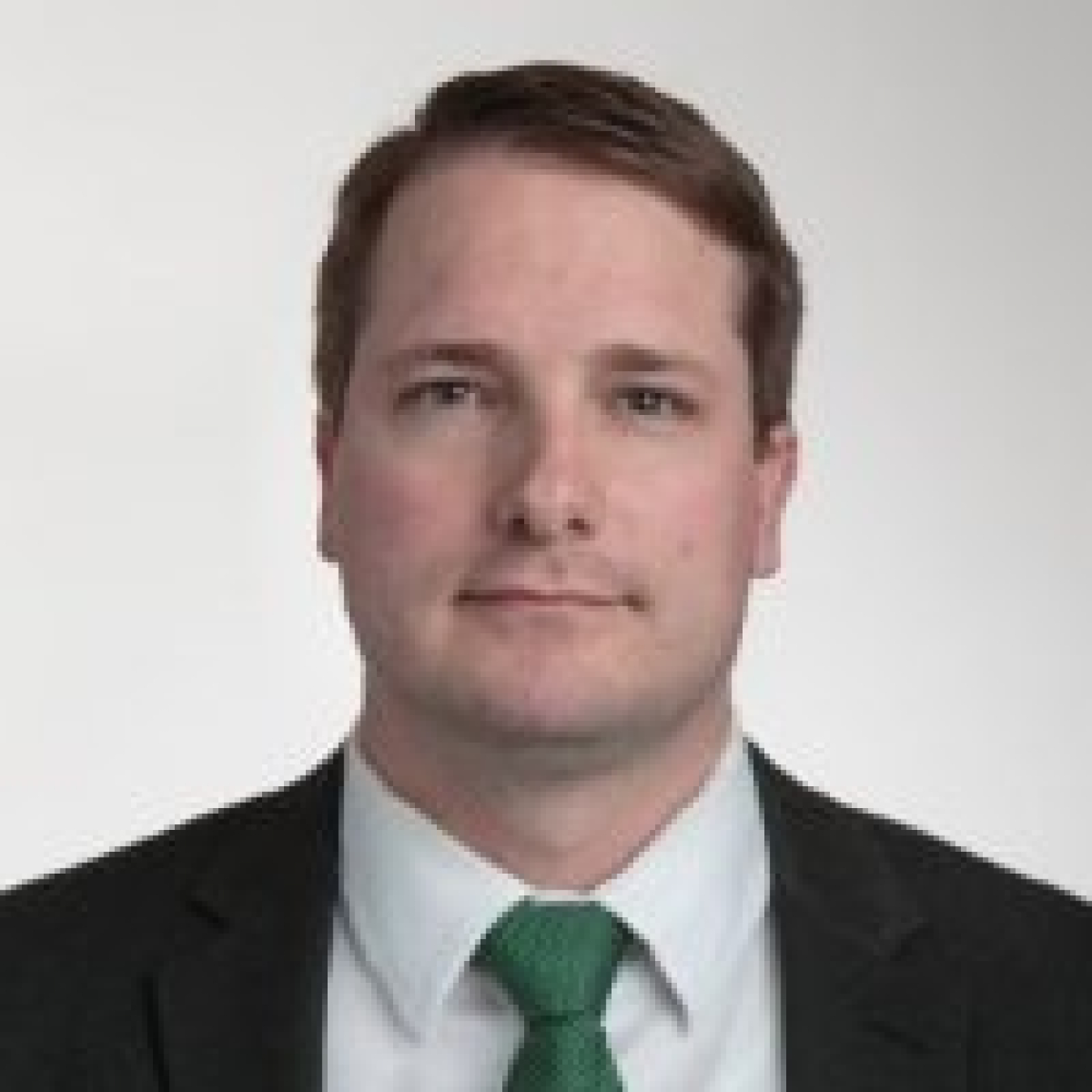
David Babson, Advanced Research Projects Agency-Energy
Dr. David Babson currently serves as a program director at the Advanced Research Projects Agency-Energy (ARPA‑E). His focus at ARPA-E includes bioenergy, agricultural systems innovation, and carbon management.
Prior to joining ARPA-E, Babson served as the senior advisor for renewable energy, natural resources, and the environment in the Office of the Chief Scientist at the U.S. Department of Agriculture (USDA). There, he led R&D coordination efforts on carbon management, climate adaptation, sustainability, agricultural systems innovation, bioenergy, and biotechnology. Prior to joining the USDA, Babson was a technology manager in the Department of Energy’s Bioenergy Technologies Office (BETO) where he oversaw several Conversion Program projects and worked to understand how to leverage new technologies to advance the emerging bioeconomy and address global energy and climate challenges. Before BETO, Babson advocated for sustainable transportation solutions as a senior fuels engineer at the Union of Concerned Scientists.
Babson earned a B.S. in chemical engineering from the University of Massachusetts Amherst and a Ph.D. in chemical and biochemical engineering from Rutgers University.
Session Speakers
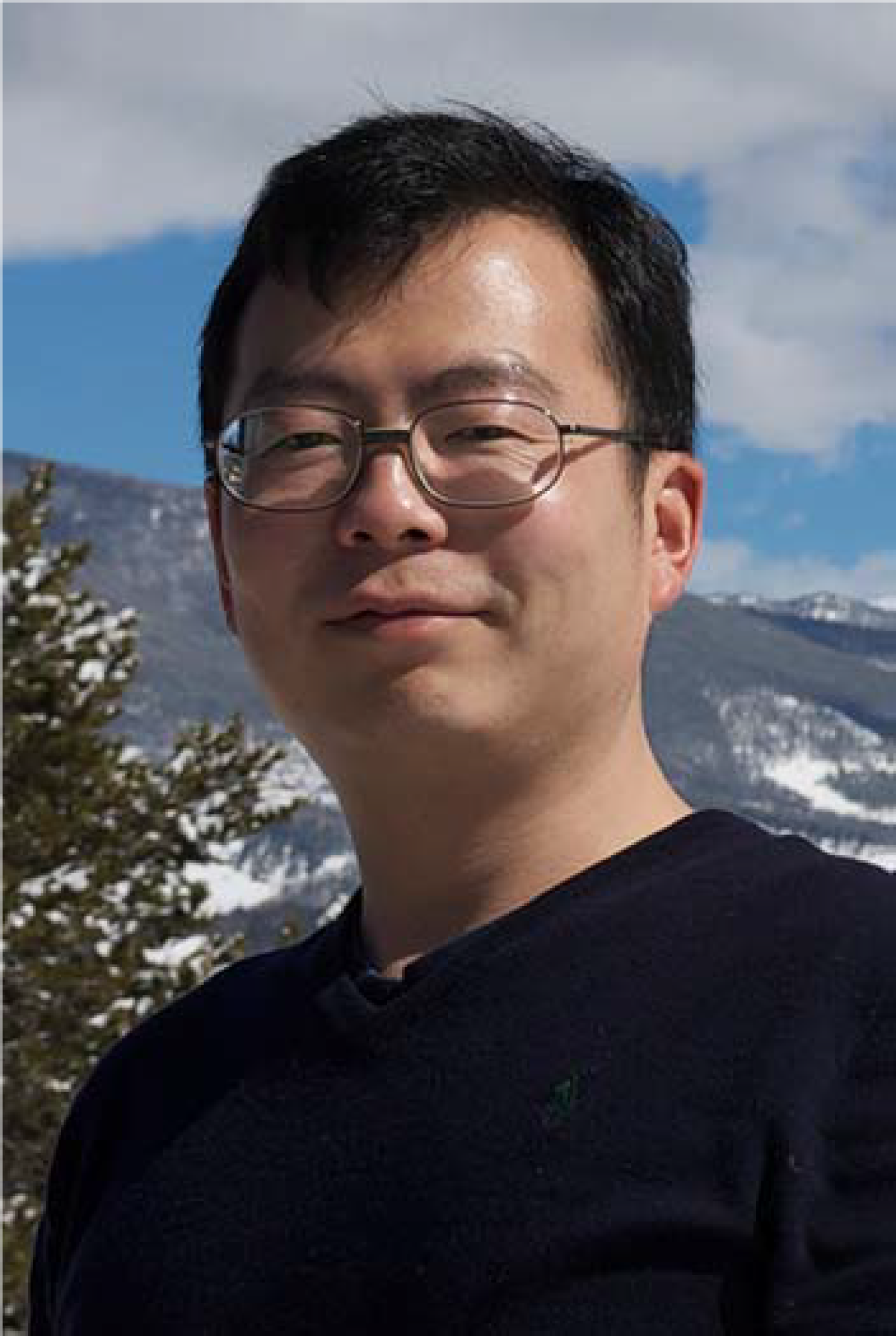
Xiaowen Chen, National Renewable Energy Laboratory
Xiaowen Chen is leading the biomass pretreatment and hydrolysis project in the National Bioenergy Center at the National Renewable Energy Laboratory. His main areas of research interests are biomass pretreatment and deconstruction, biorefinery waste to value-added products, reactor design, black liquor utilization through microbial electrochemical technology (MET), techno-economic analysis, and data mining. Currently Xiaowen is leading the Low Temperature Advanced Deconstruction project to develop low temperature and severity chemical and mechanical (deacetylation/mechanical refining, a.k.a. DMR) biomass deconstruction technologies to reduce the minimum fuel selling price and improve operation reliability of biorefinery plants. Xiaowen is also developing a novel MET process to recover and reuse pretreatment waste liquor.
Xiaowen received a Ph.D. and M.S. in chemical engineering from the University of Maine. He has published over 40 peer reviewed journal papers on biomass pretreatment/deconstruction and bio-based fuel and chemical development.
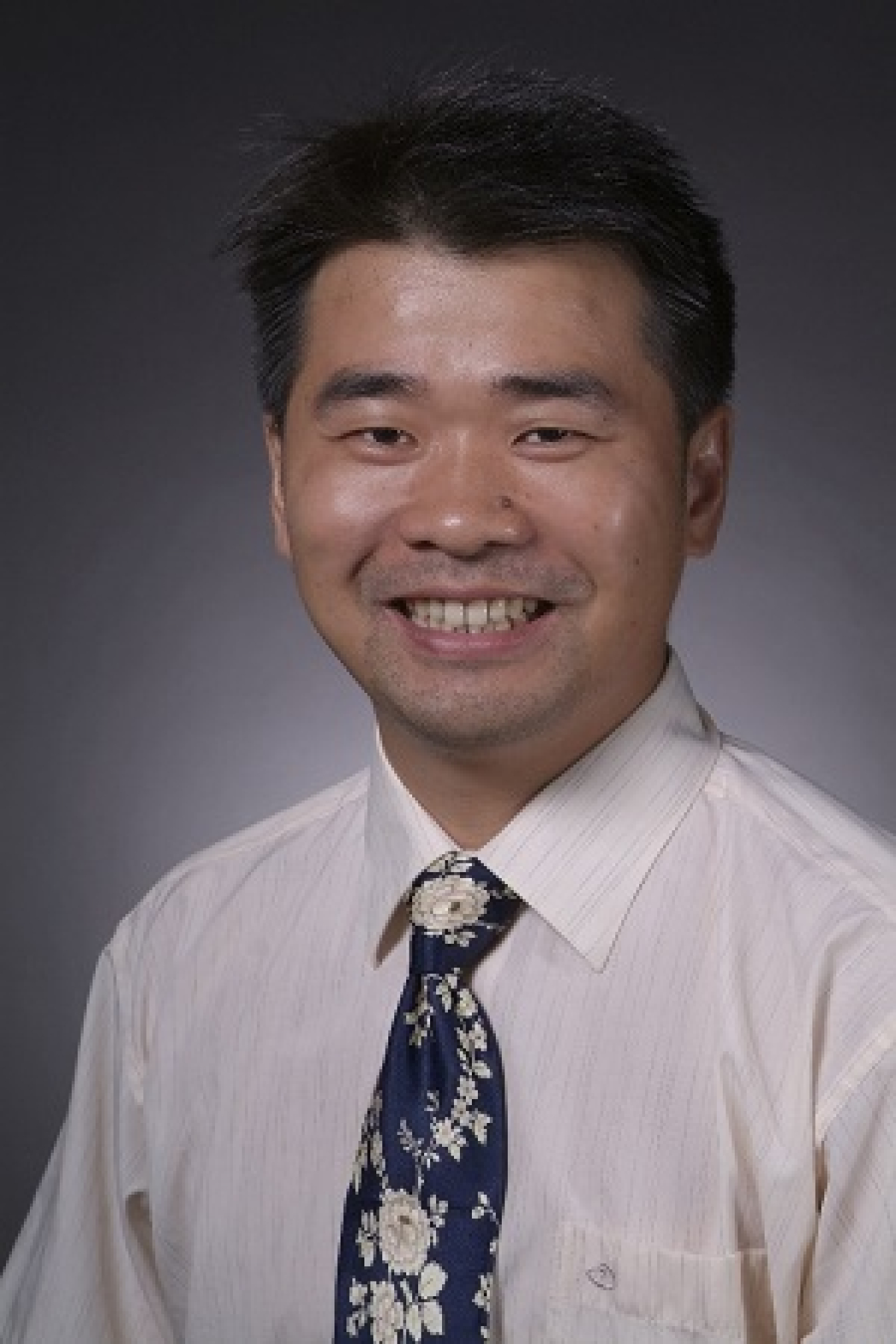
Dr. Liang Dong, Iowa State University
Liang Dong is currently a professor with the Department of Electrical and Computer Engineering, a faculty scholar of the Plant Sciences Institute, and an associate director of the Microelectronics Research Center at Iowa State University. From 2004-2007, he worked as a postdoctoral research associate at the University of Wisconsin-Madison.
Liang's research interests include miniature sensors, actuators, and systems for applications in agriculture, energy, ecosystem, and healthcare. He received the National Science Foundation CAREER Award, PSI Faculty Scholar Award, ISU Early Career Engineering Faculty Research Award, and many best conference paper awards in these areas. Liang is currently editor-in-chief of the journal Sensors and Actuators A. He is co-founder of EnGeniousAg, a company based in Ames, Iowa, that designs, manufactures and deploys low-cost, instant readout, field-based nutrient sensors for crops, soils and water.
Liang received a Ph.D. degree in electronic science and technology from Tsinghua University in 2004.

Jim Dooley, Forest Concepts
Dr. Jim Dooley is co-founder and Chief Technology Officer of Forest Concepts, LLC in Auburn, Washington. Dr. Dooley built his 45-year career in industry by combining a deep understanding of plant biology with disciplined engineering design and social sciences to create innovative products, processes, and equipment. Jim holds agricultural engineering degrees from California Polytechnic State University and the University of California at Davis.
Jim has a Ph.D. in forest resources and forest engineering from the University of Washington. He is a Fellow of three scientific and technical societies: American Society of Agricultural Engineers (ASABE), the Institute of Biological Engineering (IBE), and the American Institute for Medical and Biological Engineering (AIMBE). Jim was President of IBE in 2000 and ASABE in 2008. He has published more than 100 peer reviewed and conference papers and is the inventor of 33 U.S. patents.

Bonnie R. Hames, B Hames Consulting
Dr. Bonnie Hames is an independent consultant for B Hames Consulting and has worked for over 33 years in the area of renewable energy with a focus on processes that convert plant biomass into fuels, power, materials, and valuable chemicals. Her experience ranges from fundamental research to commercial deployment, including extensive experience in analytical methods, feedstock selection, feedstock preprocessing, biomass fractionation, conversion process integration and organic chemistry of bio-based products.
For the past 10 years as an independent consultant, Bonnie has been developing analytical methods for commercial bioenergy processes. Prior to this, she worked as a senior manager at Ceres Inc. supporting genetic engineering of dedicated energy feedstocks. Before her work at Ceres Inc. she led efforts at the National Renewable and Energy Laboratory (NREL) to develop standard analytical methods for bioenergy applications and the development of high-throughput methods for the chemical characterization of bioenergy feedstocks and process intermediates. Her work in the area of near-infrared spectroscopy-based wood characterization was recognized as the U.S. Department of Energy Best of Agenda 2020 Sensors and Controls Project in 1999. Bonnie also received an R&D 100 Award in 2000 and holds six U.S. patents.
Bonnie received a B.S. in chemistry from Regis University and a Ph.D. in chemistry from the University of Denver.
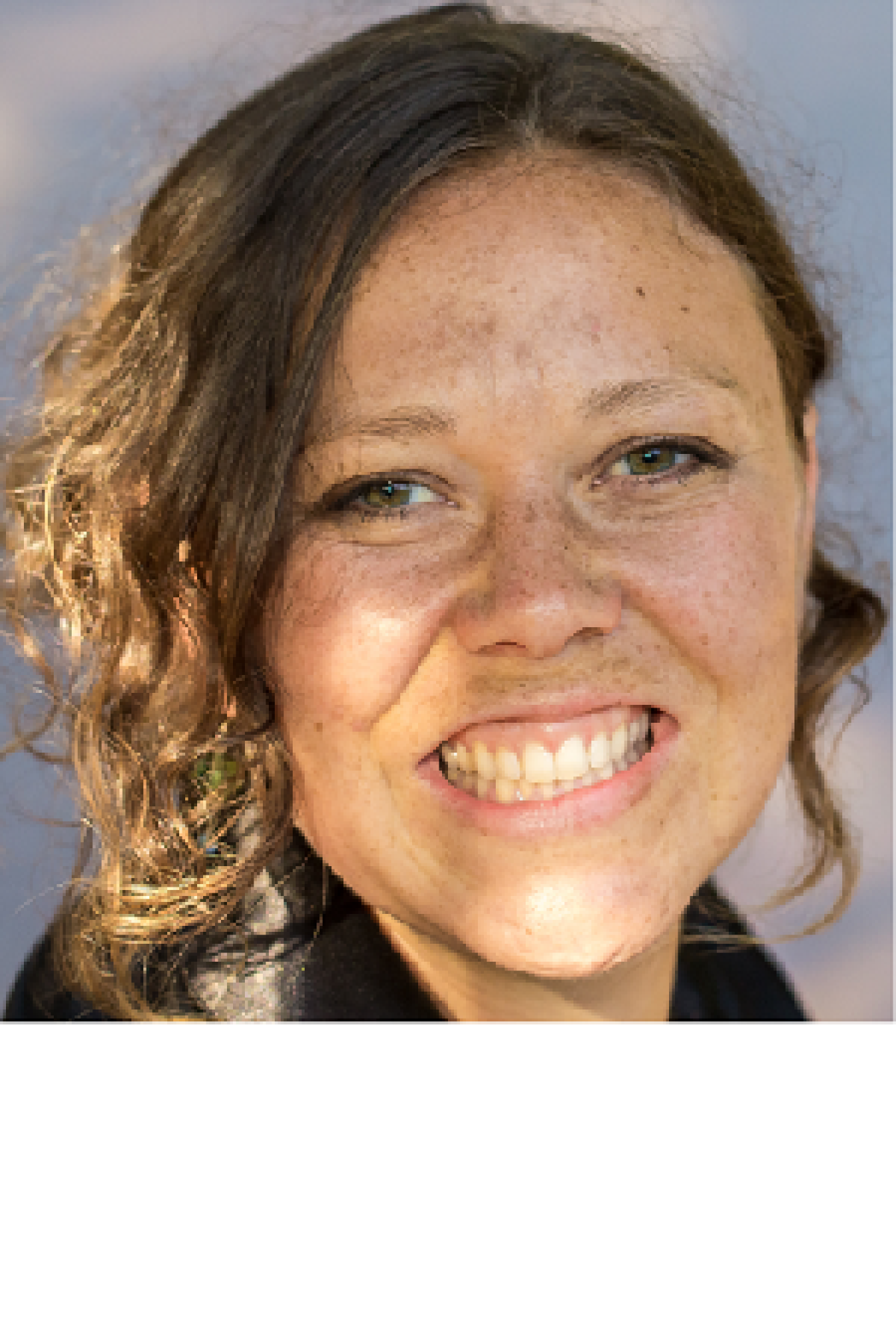
Virginia Klausmeier, Sylvatex Inc.
Virginia Klausmeier is founder, president and CEO of Sylvatex Inc. which leads the development of sustainable, low-cost engineered chemistry solutions for industries such as batteries, fragrances, and fuels. Sylvatex has won numerous awards and funding at industry conferences and venture funding competitions and has collaborated with Lawrence Berkeley National Laboratory (LBNL) and the U.S. Department of Agriculture (USDA). Virginia has more than 10 patents pending and is eager to share her ideas in order to make a bigger global impact.
Prior to co-founding Sylvatex, she managed clinical and biomechanical research for a Fortune 500 medical device company. Virginia has been a TEDx speaker, was recently featured as one of the "Top 10 Women in Biofuels" and was pre-selected by Forbes for "30 under 30 in Energy." Virginia is active on the board of multiple nongovernmental organizations, E2, Alliance of Chief Executives, Astia, and Silicon Valley Leadership Group and is actively working on the growth and commercialization of Sylvatex Inc.
Virginia completed the executive program at Singularity University and previously earned a B.S. in chemistry and economics and an M.S. in biomechanical engineering at the University of Oregon.
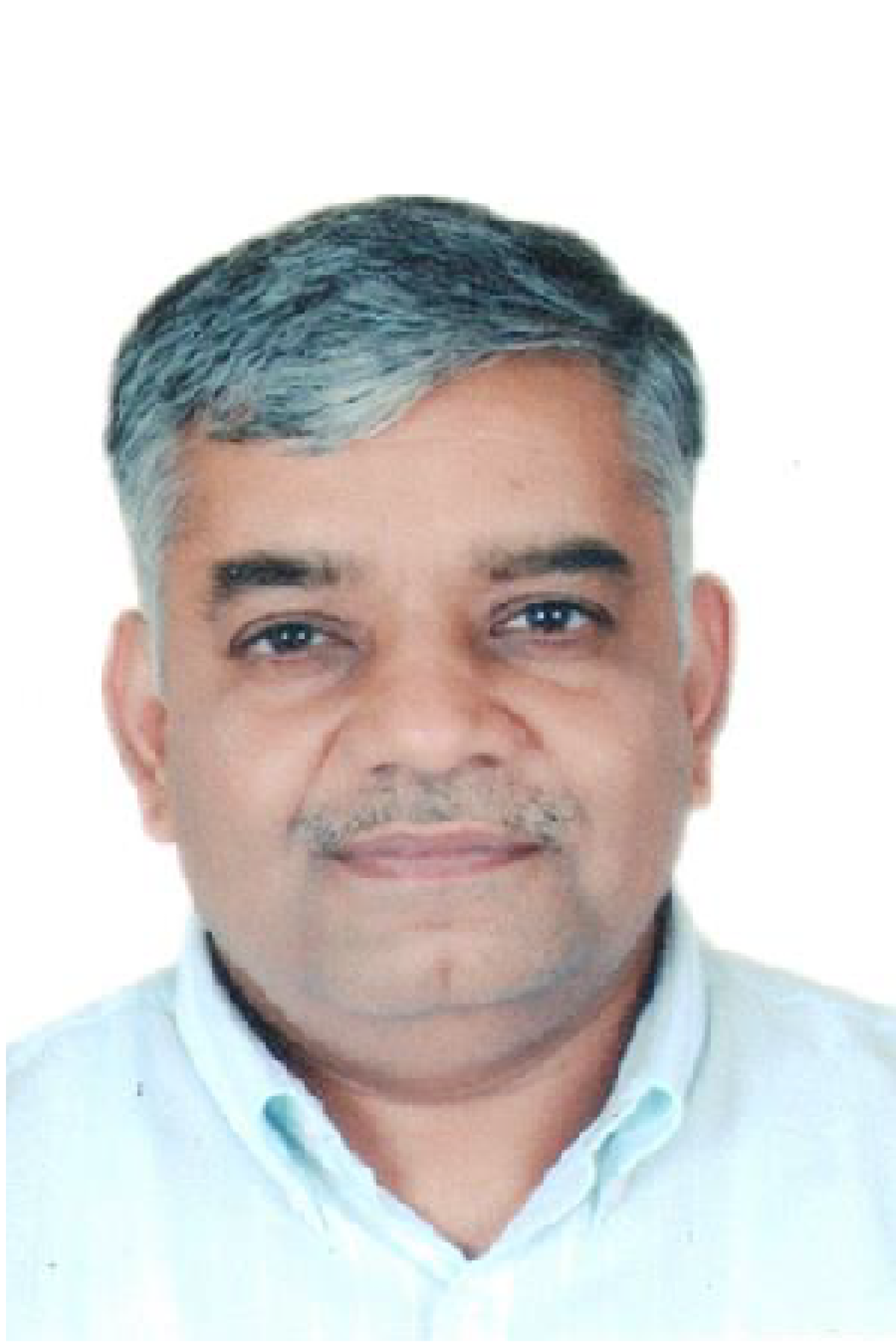
Pramod Kumbhar, Prai Industries
Pramod Kumbhar is president and chief technology officer at Praj Industries, leading over 90 scientists and engineers at the Praj Matrix–R&D Centre. After working for over 20 years in petrochemical industry Pramod made a shift to biotechnology and is focused on driving innovations in biofuels and biochemicals. Pramod is a Fellow at the Maharashtra Academy of Sciences and received the ICI Process Development Award from the Indian Institute of Chemical Engineers.
Prior to Praj Industries, he has worked at the General Electric R&D Centre in Bangalore, India, and the SI Group (formerly Schenectady chemicals in the United States) in various positions including his last assignment as an R&D director for the Asia-Pacific region. He has more than 30 international patents and received bronze and silver medals from General Electric for his patent filings.
Pramod received his Ph.D. in chemical engineering from the Institute of Chemical Technology in Mumbai, India.

Margaret Lentz, U.S. Department of Energy
Dr. Margaret Lentz is a special advisor to the newly formed Artificial Intelligence and Technology Office (AITO) at the U.S. Department of Energy (DOE). AITO was established to serve as accelerator and coordinator for artificial intelligence efforts across the DOE. Margaret is currently focused on working within DOE’s programs and national laboratories to advance DOE strategic goals and priorities in artificial intelligence. This includes assessing current artificial intelligence activities within the DOE complex and determining gaps in our technology development that must be addressed.
Prior to this, Margaret served as a research scientist specializing in biomedical imaging, neuroscience, emerging infectious diseases/biodefense, and image analysis methods including machine learning and neural networks. She has established and supported imaging research programs in academic and federal research settings, often pertaining to the testing of medical countermeasures for viruses such as HIV, Ebola, MERS and Nipah.
Margaret received her B.S. in chemistry from Carnegie-Mellon University and Ph.D. in physical organic chemistry from Purdue University.
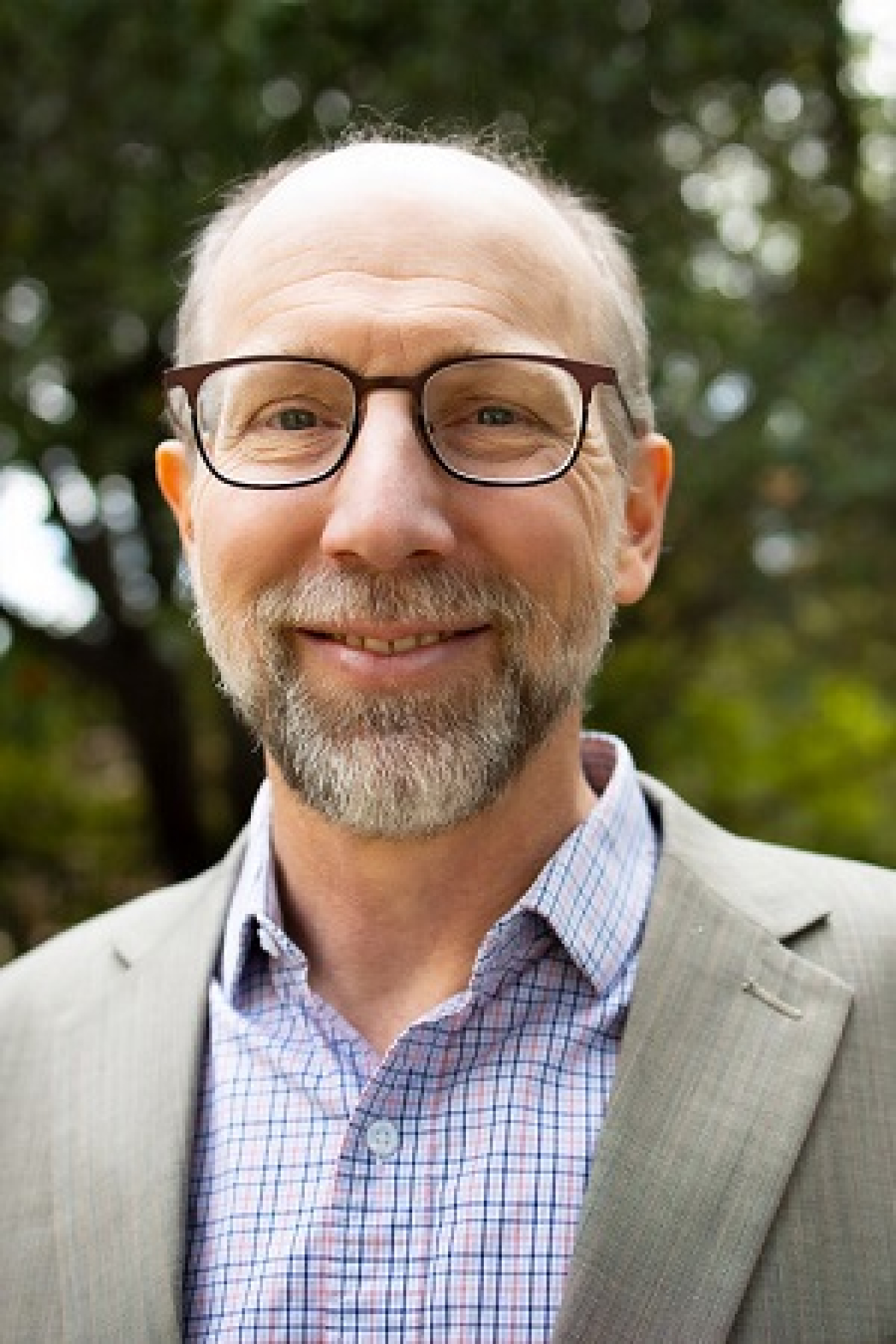
Tryg J. Lundquist, MicroBio Engineering Inc. and California Polytechnic State University
Tryg J. Lundquist is CTO of MicroBio Engineering Inc. and professor of civil and environmental engineering at California Polytechnic State University. He has worked continuously in the field of algae mass cultivation since 1990, particularly for the remediation of various waters (municipal wastewater, selenium-contaminated agricultural drainage, dairy farm wastewater, reservoirs), including flue gas CO2 utilization. The poly- and mono-culture biomass produced from these operations has been studied as feedstock for biofuels (methane, hydrogen, alcohols, biocrude, triglycerides) and animal feeds
Tryg's research and engineering link laboratory, pilot, and full-scale cultivation, including reactor development at all scales. Current work focuses on novel cultivation/harvesting methods, algal strain improvement for better productivity/biochemical composition, wastewater recycling, and power plant CO2 utilization. Other areas of expertise are physico-chemical water treatment, emergency drinking water treatment, nutrient removal, and algae cultivation for human nutrition.
Tryg received his B.A. in environment science and his M.S. and Ph.D. in environmental engineering from the University of California, Berkeley.

Hector Garcia Martin, Joint Bioenergy Institute
Hector Garcia Martin was born in Bilbao, part of the Basque region in Spain. He studied physics and specialized in solid state physics at the University of the Basque Country. His doctoral studies in condensed matter physics were performed at the University of Illinois at Urbana-Champaign, where he also worked in biological problems finding an explanation for one of the oldest patterns in biology: the species area relationship.
Hector's interest in biocomplexity and in using mathematical methods in microbial ecology drove him to work at the U.S. Department of Energy's Joint Genome Institute, where he worked on metagenomics as a postdoctoral fellow. Seeking a more predictive framework for biology he started work at the Joint BioEnergy Institute and Lawrence Berkeley National Laboratory developing predictive models for bioengineered cells as well as microbial communities. He is now working at the Agile BioFoundry Consortium and the Joint BioEnergy Institute in the intersection of machine learning, automation, and synthetic biology.
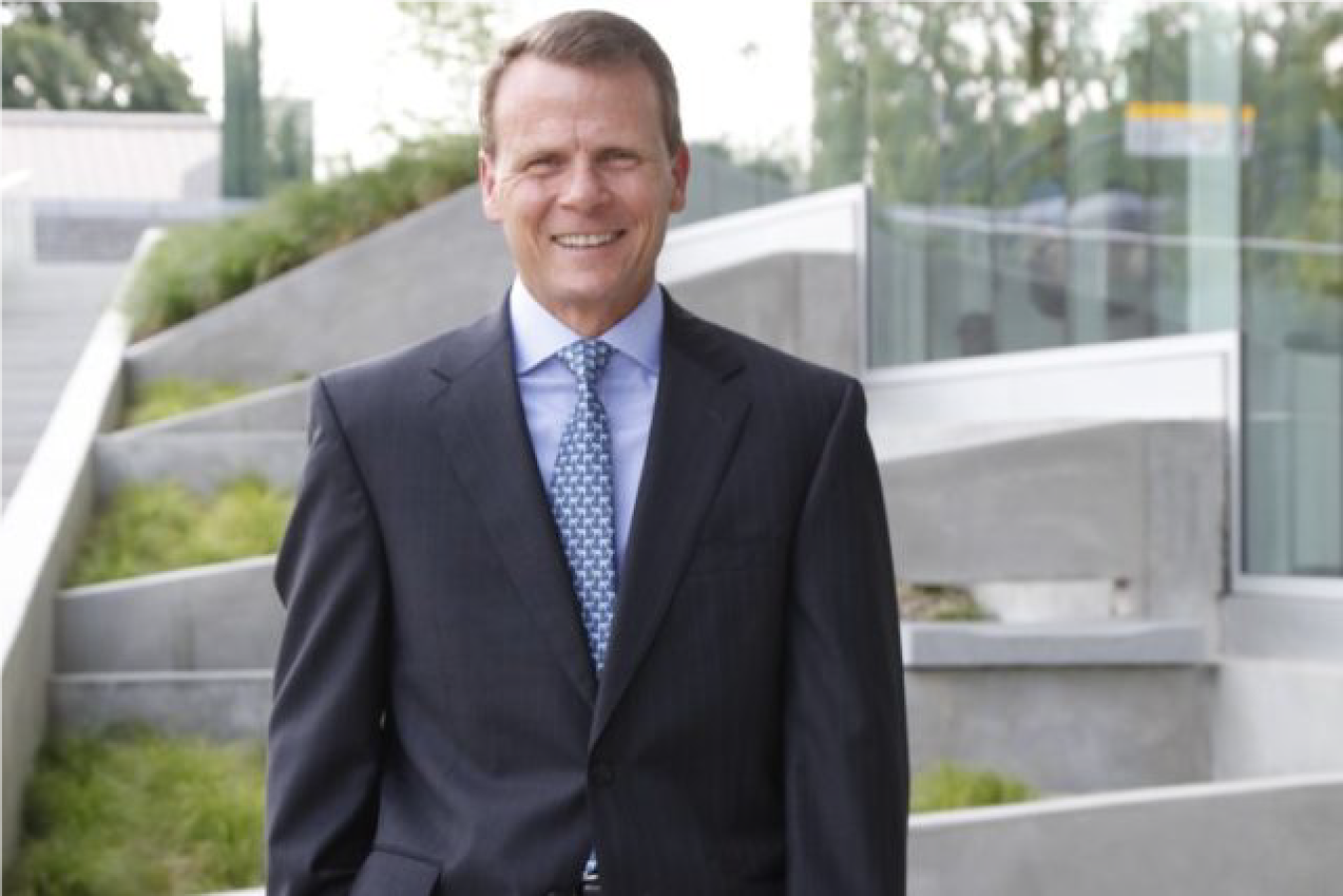
Jeff McDaniel, Velocys
Jeff McDaniel was a founding member of Velocys and has led a range of the company’s commercial activities, including partnership negotiation, project management, and site development. His 25 years of experience includes engineering, technology development, and sales and marketing roles with Battelle Memorial Institute and GE.
He has a B.S. in chemical engineering from Texas A&M University, and an MBA and an M.S. in environmental studies from the University of Michigan.
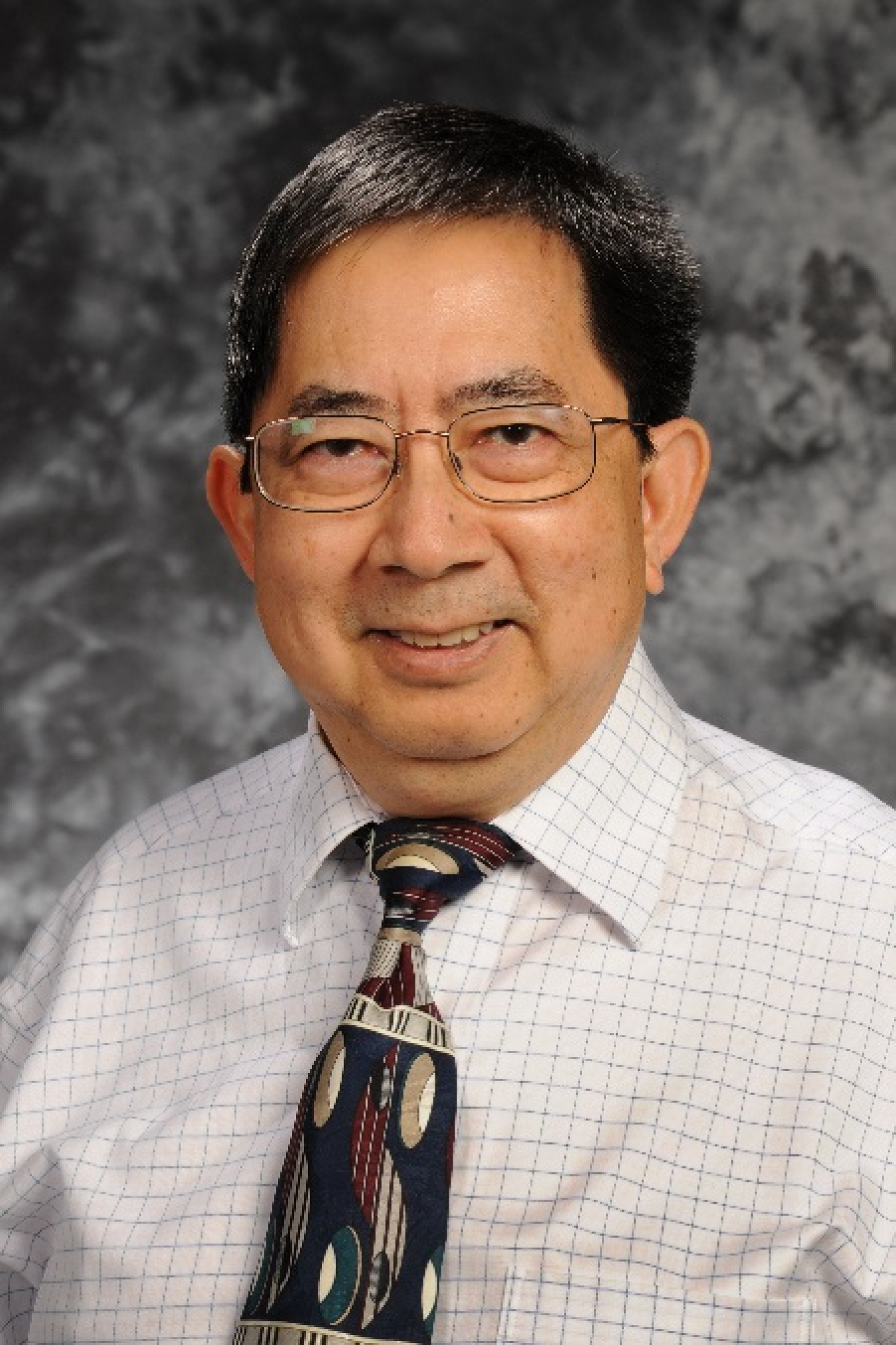
Quang Nguyen, Idaho National Laboratory
Quang Nguyen is a Directorate Fellow at Idaho National Laboratory (INL). His work at INL includes business development, feedstock preprocessing, process integration, process control and optimization. Quang is a pioneer in cellulosic ethanol process technology and has managed many innovative research and development projects in the production of ethanol, chemicals, and feed from lignocellulosic biomass.
Mr. Nguyen has 42 years' experience in process design and optimization, plant/equipment design, plant startup and operation. He earned his M.B.A., M.S., and B.S. in chemical engineering at Canada’s University of Ottawa. He holds 20 patents and 15 patent applications related to bioconversion process and equipment design for the production of ethanol, chemicals and feed from biomass. Before joining INL in 2016, he was scientist general manager of Abengoa Bioenergy New Technologies.

